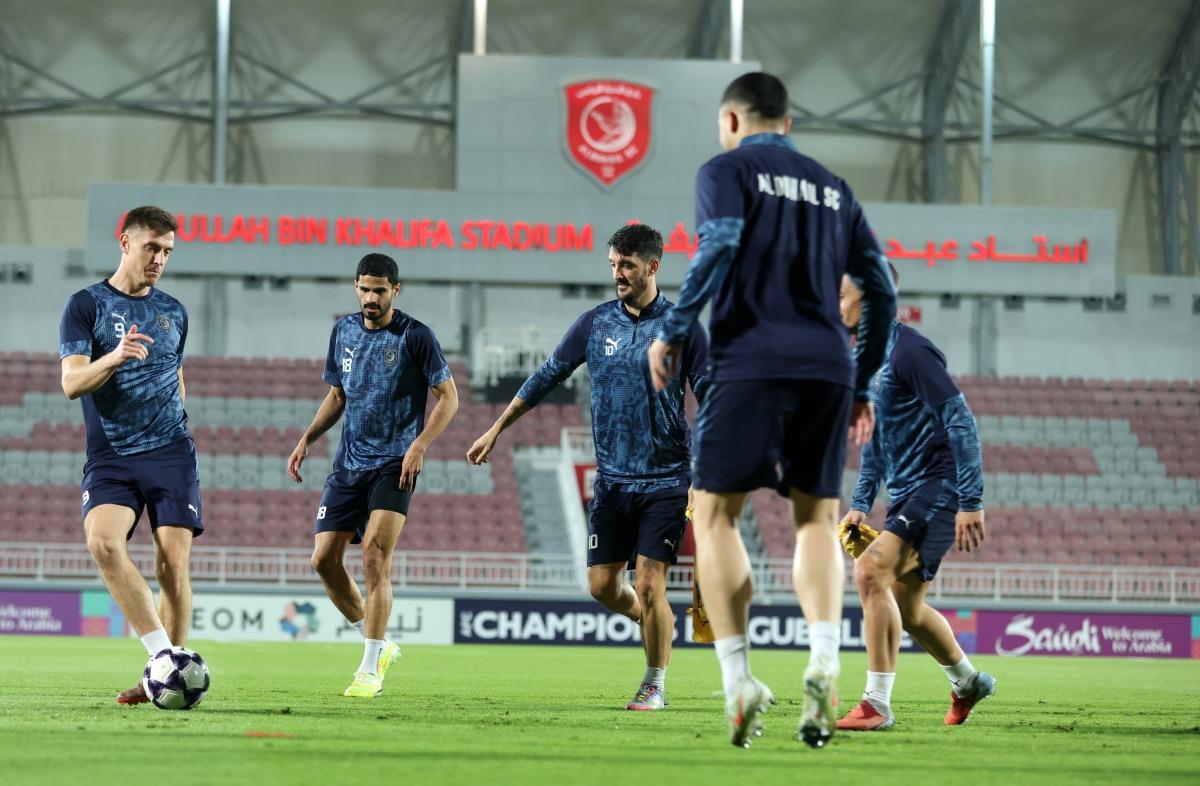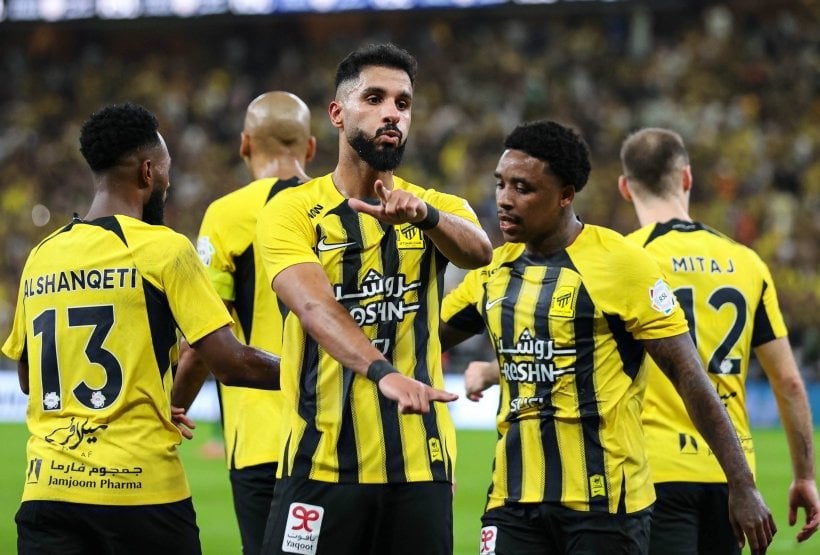Is This Even About Football Anymore? Or Is It Just a Billion-Dollar PR Stunt?
Let’s cut the crap. You can read the sanitized previews anywhere else. They’ll tell you about formations, key players, and knockout stage hopes. They’ll dutifully print the press releases. But they won’t tell you what’s really happening on that pristine pitch in Doha. Are we honestly supposed to believe this is just a game? A simple contest? Please.
This isn’t a football match. It’s a geopolitical theatre performance, a flexing of financial muscle between two of the wealthiest, most ambitious, and historically contentious neighbors on the planet. This is Qatar vs. Saudi Arabia, Part Infinity. The football is just the scenery for a much darker, more cynical play. A dog and pony show.
So, Who *Really* Wins When Al-Ittihad and Al-Duhail Clash?
The fans? The sport? Get real. The only winners are the state strategists in Doha and Riyadh. Every goal scored by Al-Duhail is a PR win for Qatar, a small nation that has weaponized sport to project global power far beyond its size. Every dominant play by Al-Ittihad, the “defending Saudi champions,” is another polished data point for Saudi Arabia’s Vision 2030, a grand plan to diversify from oil by… well, by spending oil money on everything else, including buying up global sports.
Think about the timing. Just a few years ago, these two nations were locked in a bitter diplomatic crisis. Now they’re competing on the football field. Is this a sign of healing? Or is it simply moving the battlefield from the political arena to the sporting one, where the propaganda is more palatable for a global audience? It’s a war fought with transfer fees instead of tariffs, with media rights instead of military might. It’s a soft power arms race, and these clubs are the shiny new missiles.
Follow the Money: What Aren’t They Telling Us About These “Strongest Force” Rosters?
The reports are giddy. “Al-Ittihad Gathers Its Strongest Force.” They’re calling upon their “full roster of foreign players.” Let’s translate that from PR-speak into plain English: a team of hired guns, mercenaries bought with bottomless pits of sovereign wealth, is being flown in to secure a victory that has more to do with national prestige than club loyalty. Do you think these world-class players, fresh from Europe’s top leagues, have a deep, abiding passion for the club crest? Or for the eye-watering, tax-free salaries that come with it?
It’s a simple question. Follow the money.
This isn’t about developing local talent. It’s about purchasing success. It’s about creating a fantasy league in real life to distract from uncomfortable realities back home. They aren’t building teams; they’re curating collections of expensive assets designed for one purpose: to win, and in doing so, to make the state look powerful, modern, and successful. It’s a manufactured reality. And the media just laps it up.
The Mercenary Factor: A Deeper Look
When a club’s ‘strongest force’ is explicitly defined by its foreign imports, what does that say about the foundation of the sport in the region? It’s an admission that organic, grassroots development is too slow for the ambitions of the state. Why spend 20 years building an academy system when you can spend a billion dollars in two years and buy a championship-caliber squad? It’s a shortcut. A cheat code for global relevance.
This model creates a grotesque imbalance. It completely distorts the competitive landscape of Asian football. How can a club from a less wealthy nation, one that relies on traditional revenue streams like ticket sales and local sponsorships, possibly compete with a team that is, for all intents and purposes, an extension of a national treasury? They can’t. It’s not a fair fight. It never was.
Is the AFC Champions League Just a Playground for State-Owned Giants?
Let’s call these clubs what they are: state-owned enterprises. Al-Duhail isn’t just a Qatari club; it’s a projection of the Qatari state. Al-Ittihad, now majority-owned by the Saudi Public Investment Fund (PIF), isn’t just a Jeddah club; it’s a tool of Saudi Arabian foreign policy. The AFC Champions League, therefore, is becoming less of a continental club competition and more of a private playground for nation-states to settle scores.
Where is the governing body in all this? Is the Asian Football Confederation (AFC) a regulator or a willing accomplice? When sovereign wealth funds are pouring this much money into their competition, do you really think the AFC is going to stand in the way and enforce the kind of Financial Fair Play rules that, while flawed, at least attempt to create a level playing field in Europe? Of course not. They’re benefiting from the glamour, the global TV rights, the big names. They have no incentive to police the very entities that are making their flagship tournament more valuable. Why would they bite the diamond-encrusted hand that feeds them?
The Illusion of a “Normal” Competition
The entire affair is wrapped in the language of normal sport. “Boost Knockout Hopes.” “Asian Showdown.” This terminology is deliberately used to create an illusion of a standard sporting event. It’s a facade. We are watching a calculated geopolitical maneuver, meticulously planned in boardrooms and government ministries, being played out by athletes who are, whether they know it or not, political assets. The true knockout hopes aren’t about advancing to the next round of a tournament; they’re about one nation scoring a major propaganda victory over its rival.
The prediction? The betting tips? Who cares. The outcome on the scoreboard is almost irrelevant. The real result is already decided: vast sums of money that could have been used for countless other public goods have been funneled into a sporting spectacle designed to launder reputations on the world stage. The winner has already been declared. It’s the regime. It’s always the regime. This isn’t football. It’s a transaction. And we’re all being sold a lie.


